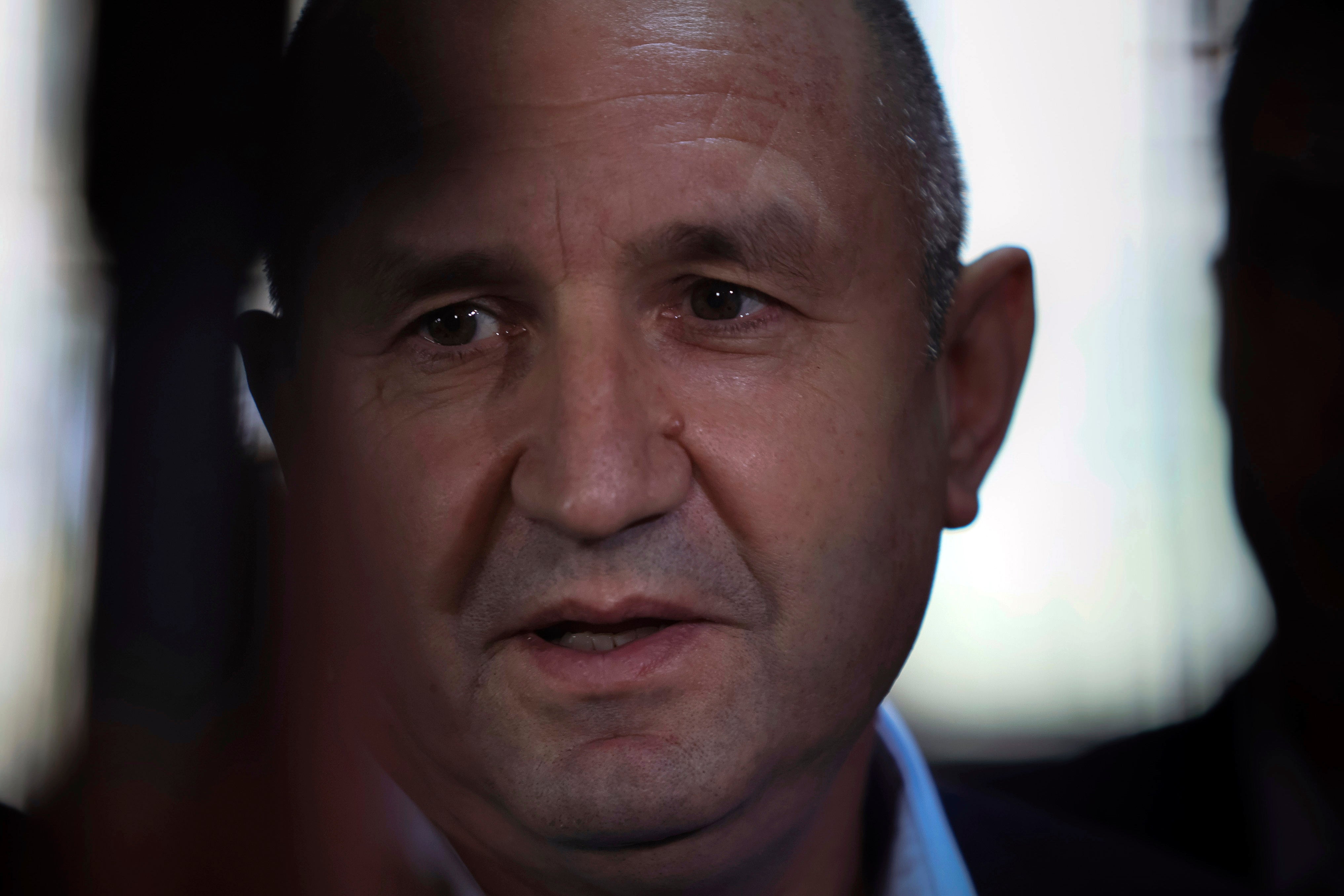Bulgarian president declines government proposal to lead delegation to NATO summit
Bulgarian President Rumen Radev has turned down a government proposal to lead the country’s delegation to NATO’s July summit in Washington D

Your support helps us to tell the story
From reproductive rights to climate change to Big Tech, The Independent is on the ground when the story is developing. Whether it's investigating the financials of Elon Musk's pro-Trump PAC or producing our latest documentary, 'The A Word', which shines a light on the American women fighting for reproductive rights, we know how important it is to parse out the facts from the messaging.
At such a critical moment in US history, we need reporters on the ground. Your donation allows us to keep sending journalists to speak to both sides of the story.
The Independent is trusted by Americans across the entire political spectrum. And unlike many other quality news outlets, we choose not to lock Americans out of our reporting and analysis with paywalls. We believe quality journalism should be available to everyone, paid for by those who can afford it.
Your support makes all the difference.Bulgarian President Rumen Radev has turned down a government proposal to lead the country’s delegation to NATO’s July summit in Washington, D.C., saying he was not consulted while it worked out the official position of the country and its commitments regarding the war in Ukraine, his press office said Thursday.
The decision comes on the heels of heated debates between pro-Russian and pro-Western parties in Bulgaria about whether Radev, as the commander-in-chief of the military, should represent the country at the NATO summit.
Radev has often been criticized by political opponents for his Kremlin-friendly position in the aftermath of Russia’s invasion of Ukraine, and for his public remarks that sending military aid to Kyiv would extend the conflict. He has referred to those favoring military aid to Ukraine as “warmongers.”
Delyan Peevski, who leads a liberal pro-Western party and is one of Radev’s harshest critics, called the refusal “a confirmation that Radev’s positions serve foreign, not national interests and are subjected to dependencies and ties in the East, contrary to the Euro-Atlantic values and principles”.
Bulgaria, one of Moscow’s closest allies during the Cold War era, joined NATO in 2004. Although the presidential post is mostly ceremonial, it provides a strong platform to influence public opinion. Large parts of the country's population of about 6.6 million, surveys show, share pro-Russian sympathies based on historical and cultural bonds between the two nations.